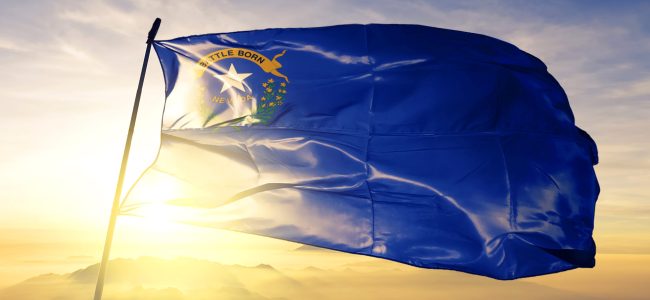BlogLine
Nevada Court of Appeals confirms NRCP 30(b)(6) deposition testimony may be used for any purpose
12/2/24

By: Derek R. Noack
In Hayes v. Watson et al, 140 Nev. Adv. Op. 55 (August 29, 2024), the Nevada Court of Appeals held that Nev. Rule of Civil Procedure (“NRCP”) 30(b)(6) corporate witness testimony (including video testimony) may be used by an adverse party at trial for any purpose, including as direct trial testimony, even if the same witness is available for trial. An NRCP 30(b)(6) witness is often referred to as the “person most knowledgeable” who testifies on behalf of a business regarding expressly identified topics. The ruling clarified the permissible use of 30(b)(6) deposition testimony at trial as falling within the language of NRCP 32(a)(3) for any purpose, including for the demonstration of witness demeanor during prior testimony. The result expressly allows an adverse party to either present the NRCP 30(b)(6) written deposition testimony at trial as direct testimony or, if video testimony exists, to present the video testimony as direct evidence for any purpose at trial.
During the Hayes v. Watson trial, the district court limited Plaintiff Hayes’ ability to present Dr. Watson’s deposition testimony and video for impeachment purposes only. Dr. Watson’s video deposition included actions such as yelling, throwing items, physically demonstrating anger, and using profanity. Hayes sought to use video clips from Dr. Watson’s videotaped deposition alongside his live testimony to challenge the reliability of his testimony through his demeanor. The defense objected, arguing that Plaintiff could not use the deposition “for any purpose” because Dr. Watson was available to testify at trial. The Court agreed with the defense and limited the video clips to be used for impeachment purposes only. Additionally, when Plaintiff sought to use the videotaped deposition to refresh Dr. Watson’s memory at trial, the district court directed Plaintiff to use the written deposition transcript instead. Thus, no video clips showing Dr. Watson’s demeanor were permitted at trial.
The Nevada Court of Appeals analyzed NRCP 32(a)(3)’s language for the first time and held that a party does not need to be unavailable to allow the use of the 30(b)(6) designee’s deposition testimony for any purpose at trial. The Nevada Court held that a broad interpretation of the “for any purpose” language within NRCP 32(a)(3) would allow the direct presentation of video deposition testimony at trial, including for the jury to view the physical demeanor of the witness.
The impact of the Court’s ruling places further emphasis on the importance for an NRCP 30(b)(6) witness to be adequately prepared for deposition during the discovery period of a case. The testimony (whether presented by video or read into the record by deposition transcript) is now expressly allowable by an adverse party as direct evidence at trial for any purpose. This ruling is a reminder to attorneys of the importance of witness deposition preparation, as these testimonies may now be used during a party’s case-in-chief at trial for any purpose, including to assess demeanor. Given this ruling, any NRCP 30(b)(6) witnesses should dedicate the same effort and preparation for giving their deposition on the identified topics of testimony as they would at trial. These considerations are additional reminders of why it is essential to retain defense attorneys who emphasize client preparation at every stage of the case rather than just at trial.
For more information on this topic, please contact Derek R. Noack at derek.noack@fmglaw.com or your local FMG relationship partner.
Share
Save Print
